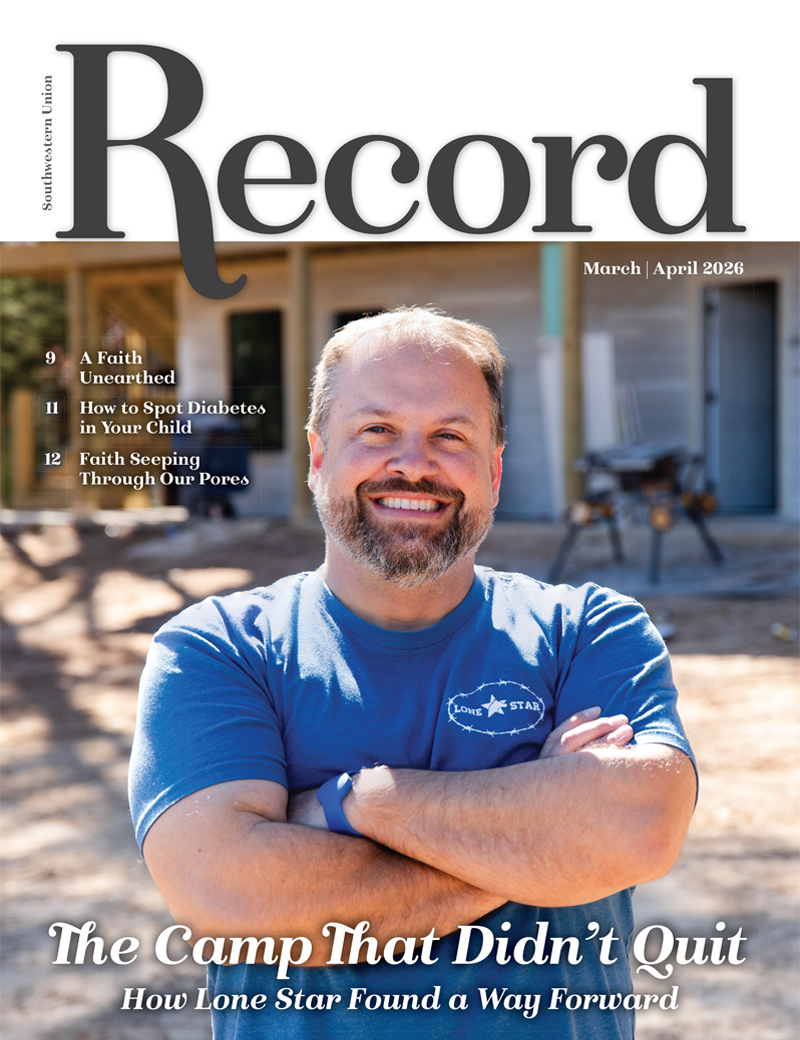A Connected Community

The COVID-19 pandemic really brought to light how important connection and community are for our personal growth and well-being. It was incredible to see our churches learn to adapt to new technology in order to come together and worship. Some churches found creative ways to safely meet in-person with drive-in worship services or outdoor services. Others moved their services online and started small groups that would meet throughout the week. I don't recall hearing of any church who simply shut its doors and closed down completely.
Community is vital to church growth and we most often engage in community outside of our worship services. How can we build these important relationships with our church members so that we have strong faith communities? How can we lay down a foundation for understanding and support amongst our family of believers? Here are some simple and practical ideas for you to consider for yourself and your family. Perhaps try just one or two and see what the results are for you!
- Go to dinner. Plan to have dinner on a Friday or lunch on a Sunday with a family or member from church whom you don't know very well. Bonus: aim to do this at least once a month, each time with a new family. Learn more about them by asking them how they came to know Jesus and how they ended up at your local church. Tell them about your personal experience.
- Plan a Service Activity. Plan a community service activity with one or two other families from the church. Keeping it small will help keep it intimate. Perhaps you can volunteer somewhere together during the holidays or sign up to help distribute water at a marathon race.
- Play Together. Plan a social or recreational activity with a few members or families in your church. Volleyball games, family softball games or basketball tournaments can be a fun way to spend time together.
- Share Your Findings. When you have an opportunity, share your experience of intentionally connecting with your church members to the whole church. Challenge your fellow members to do the same and see the ripple effects that the Holy Spirit can produce.
- Start a Small Group. Make it a point to get together from time to time to read the Bible and pray together. Schedules can be hard to coordinate, but even if you get together once a month it will give you something to look forward to. Make it a practice to pray for each other when apart, as well as when together.
- Challenge Your Family. Make it a point to get to know the visitors in your church. Give a prize to the member of your family who remembers all the names of the visitors after they leave on any given Sabbath. Encourage those you invite to church to do the same with the new people you introduce them to.
By Osvaldo Rigacci
Southwestern Union Vice President for Multicultural Ministries


